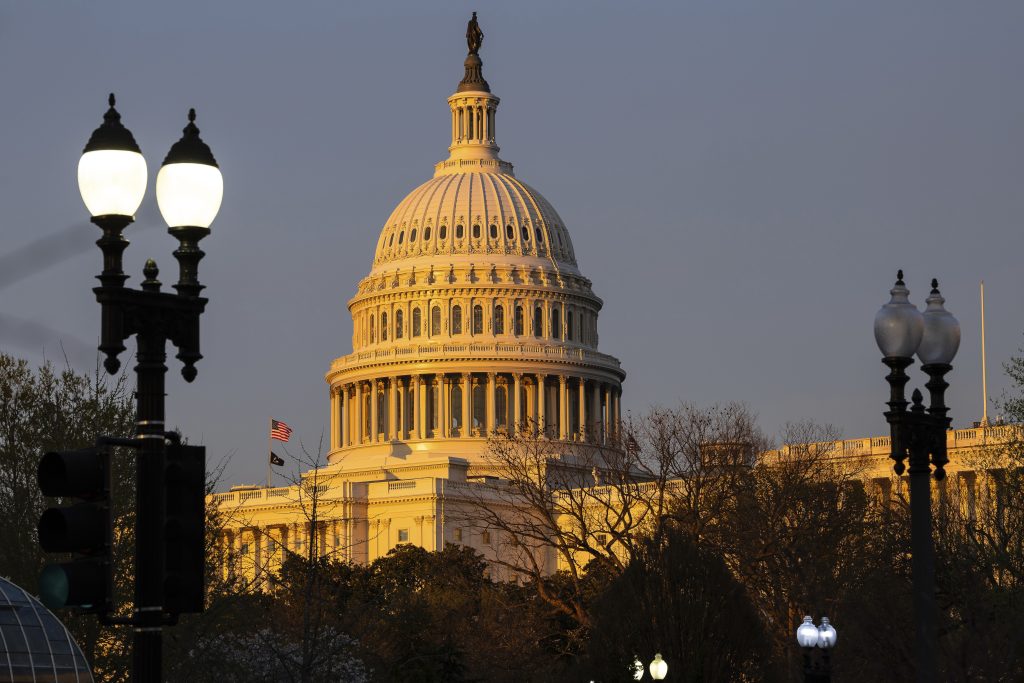Senior Biden health officials on Tuesday briefed congressional committees and leadership, telling them that the risk to the general public from the avian flu remains low.
The call, confirmed by two congressional aides granted anonymity to discuss the confidential briefing, comes a day after the CDC confirmed a dairy worker in Texas tested positive for H5N1 avian influenza. Officials from the FDA, CDC, Administration for Strategic Preparedness and Response and U.S. Department of Agriculture largely repeated publicly available information, according to one of the congressional aides who relayed details of the briefing.
Demetre Daskalakis, director of the CDC’s National Center for Immunization and Respiratory Diseases, said on the call that while the health risk to the public is low, people with long exposure to infected birds or livestock may be at greater risk of infection.
It is not clear whether Congress requested the briefing or if the health agencies scheduled the session, but an official said on the call that USDA is setting up a series of standing meetings on Fridays moving forward for congressional agriculture staffers.
Genetic sequencing appears to suggest that wild birds in the Texas panhandle region infected cows, a USDA official said on the call. No human-to-human transmission of the virus has been detected.
The FDA did not comment when asked about the briefing. House and Senate leadership offices, USDA, CDC and ASPR did not immediately respond to requests for comment.
“The Committee has been closely monitoring this ongoing issue, and there isn’t a single member of the committee who hasn’t expressed concerns about this outbreak,” said Ben Goldey, majority communications director for the House Agriculture Committee. “We appreciate USDA’s ongoing coordination and regular updates and remain confident in USDA and CDC’s assertion that there is no current threat to the food supply.”
Dairy safety, prices: The USDA said on the call that high loads of the virus are being detected in milk and that it is suspected that cow-to-cow transmission may be occurring in milking facilities.
Don Prater, acting director of the FDA’s Center for Food Safety and Applied Nutrition, confirmed the agency does not have concerns about the safety and availability of pasteurized milk products nationwide because the pasteurization process inactivates bacteria and viruses.
“We do not expect a significant impact on the price of milk and other dairy products,” Prater said on the call.
Marcia Brown and Adam Cancryn contributed to this report.







